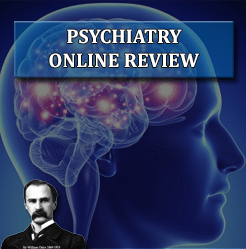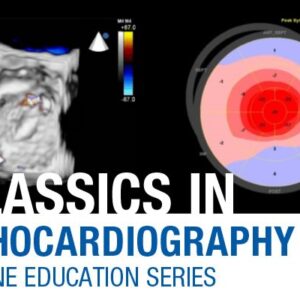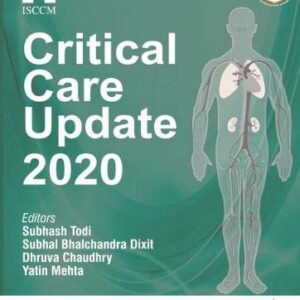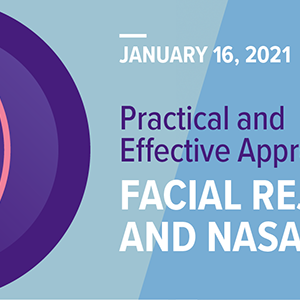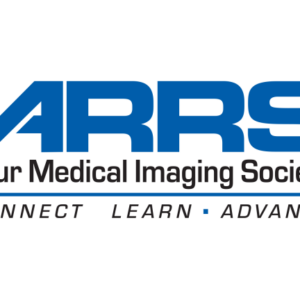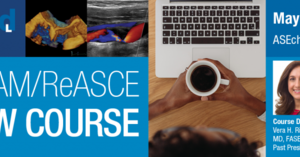Learning Objectives
At the conclusion of this course each participant will be able to:
Summarize important aspects of mental development, personality changes and mental capacity from infancy
through adolescence, adulthood and late life
Explain normal neural development and evaluation of neurologic disorders
Summarize key points in behavioral and social sciences relevant to psychiatry
Explain the appropriate use of diagnostic procedures and the psychiatric interview to test mental status
Summarize major diagnostic aspects of all major psychiatric disorders
Analyze the diagnosis, treatment and management of all major classifications of psychiatric disorders
Review epidemiologic findings that influenced public policies
Appraise the ethical and legal issues important to the practice of psychiatry
Faculty and Topics
Brian Krause, MD
Practicing Psychiatrist
Fort Royal, Virginia
Substance Abuse, Forensic Psychiatry, Ethics and Law, Psychiatric Disorders, Psychiatry Potpourri
Nan Lin, MD
Assistant Professor of Pediatric Neurology
Rush University
Disorders of the CNS, Disorders of the Peripheral Nervous system, Headache, Traumatic Brain Injury
Charles Marcuccilli, MD, PhD
Associate Professor of Pediatrics
University of Chicago
EEG, Epilepsy and Sleep, Neurochemistry / Neurotransmitters
Muhammad Nashatizadeh, MD
Clinical Assistant Professor of Neurology
University of Kansas
Infectious Diseases, Encephalopathy, Coma and Dementia, Muscle Disease and Movement Disorders, CVA/Stroke
Dwight Owens, MD
Adjunct Assistant Clinical Professor of Psychiatry Morehouse School of Medicine
Psychopharmacology, Psychotherapy, Personality Disorders, Mood Disorders
Simon Ovanessian, MD
Assistant Professor of Psychiatry and Neurology Walden Behavioral Care, Rockville, CT
Psychotic Disorders, Psychological Development, Eating, Impulse and Sex Disorders, Somatic Symptom and Related Disorders, Anxiety, OCD and Related Disorders, Trauma and Stressor Related Disorders, Child and Adolescent Psychiatry
†Course director

